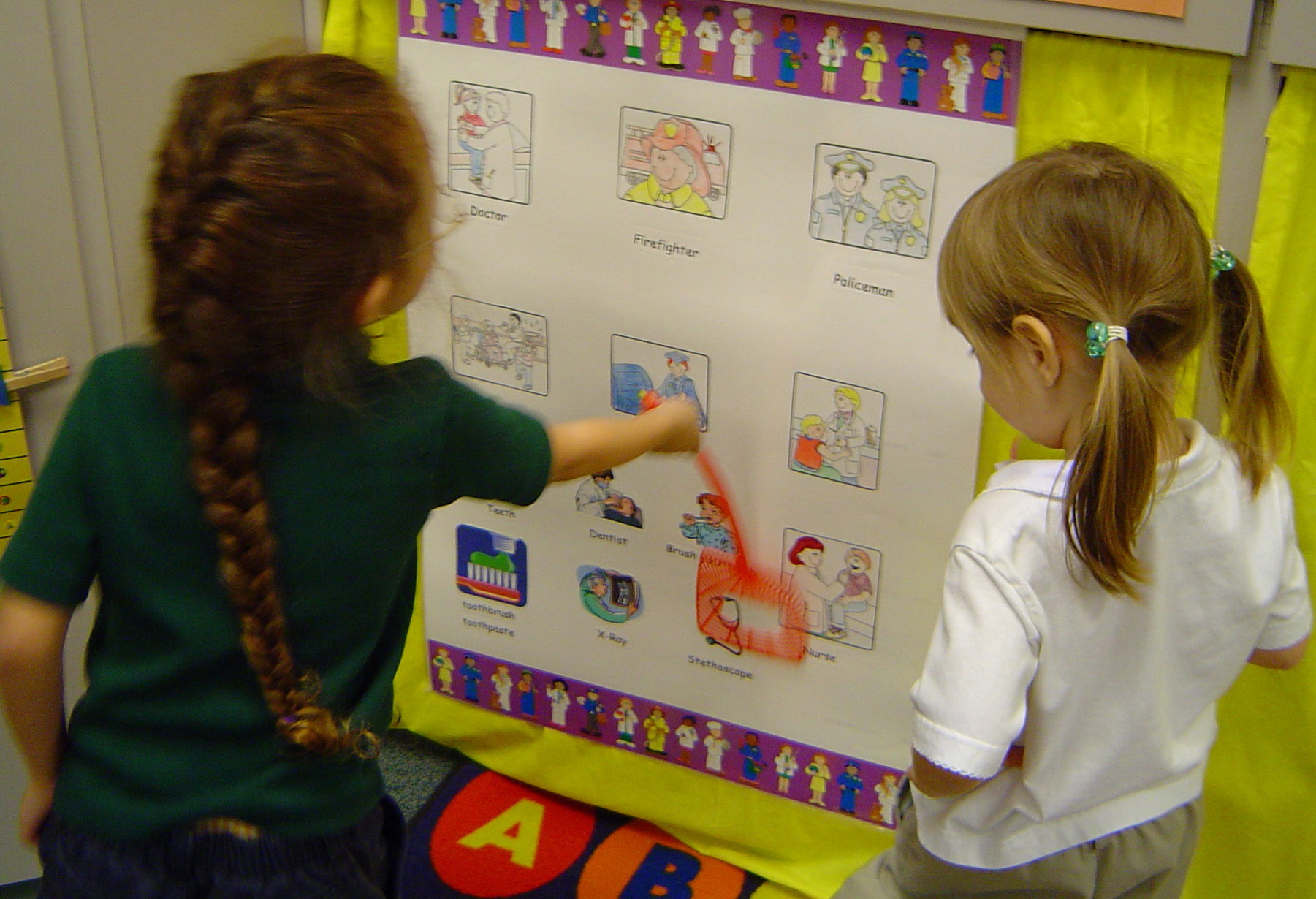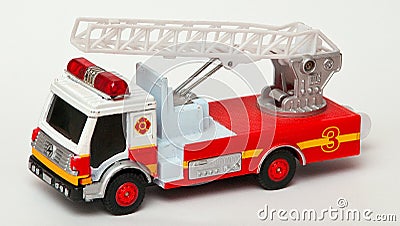Today we started the lesson with a simple game of "cross the odd one out": I put some food flashcards on the board in groups and students had to say which food item didn't belong to the groups
ex:
beans
The odd one is the cheese.
With this exercise students revised the food vocabulary.
After that I told them the story "I will never not ever eat a tomato"
This is a great story, not only because it teaches a lot of vocabulary and important grammar structures but also because it teaches students that if they don't try the taste of different food they will never know if they really like it or not.
After the story I've shown my students a painting by Arcimboldo "Vertumnus"

and I challenged them to try drawing a face with some food items from the story "I will never not ever eat a tomato".
Next lesson they are going to introduce their drawing to the class eliciting the food items used. :)
----------------------------------------
04/04/2013
Sorry it took me so long to post some pictures of the students's work ,but anyway here you have the art work
 cauliflower
cauliflower

.png)












